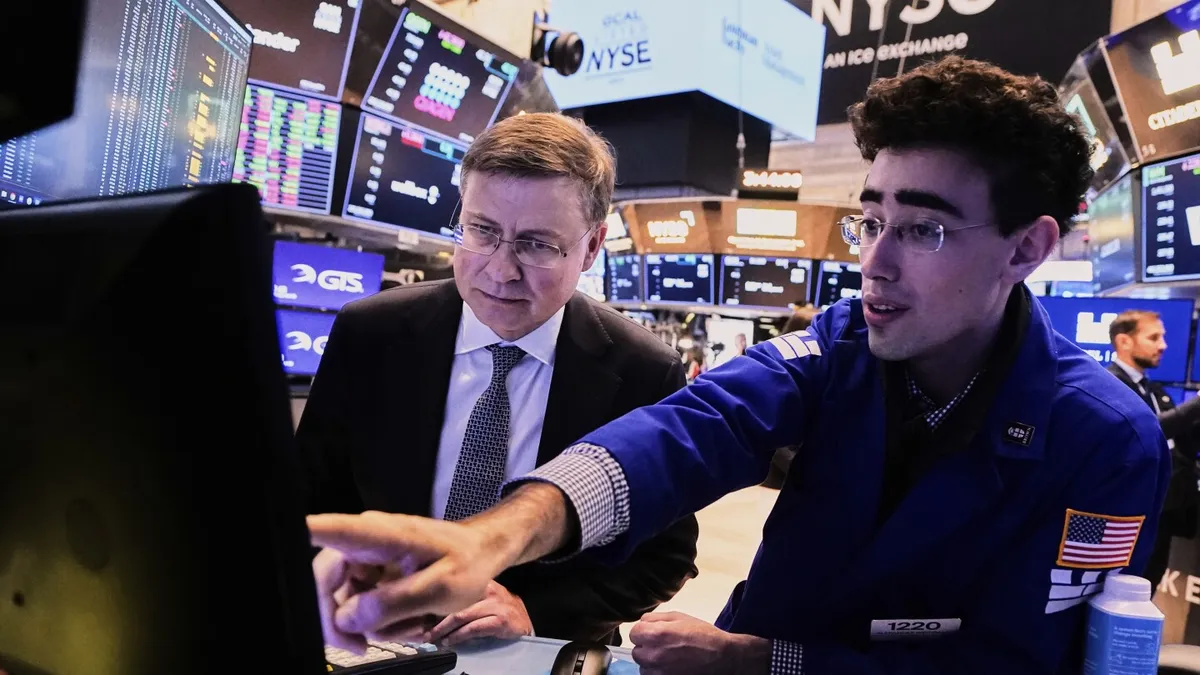
Americans’ confidence in the economy has taken a significant hit, slumping for the fifth consecutive month and reaching its lowest level since the onset of the COVID-19 pandemic. This decline reflects growing anxiety among consumers regarding the impact of tariffs and their expectations for future economic growth. According to the latest report from the Conference Board, the consumer confidence index fell by 7.9 points in April, landing at a disheartening 86, a figure not seen since May 2020.
Alarmingly, nearly one-third of consumers now anticipate a slowdown in hiring over the coming months. This sentiment closely mirrors the levels observed during April 2009, a time when the economy was deeply entrenched in the Great Recession. The current figures indicate a rapidly deteriorating mood among Americans, with a prevailing expectation that prices will continue to rise due to the extensive tariffs implemented by former President Donald Trump.
A recent survey conducted by The Associated Press-NORC Center revealed that about half of Americans are also apprehensive about the possibility of a recession. Furthermore, a measure tracking Americans’ short-term expectations regarding income, business conditions, and the job market has plummeted by 12.5 points to 54.4, marking the lowest level in over 13 years. This reading is significantly below the 80 mark, which typically indicates that a recession is on the horizon.
The implications of this dismal consumer sentiment for spending, hiring, and overall economic growth will become clearer in the coming days and weeks. On Wednesday, the government is set to release data on U.S. economic growth for the first three months of the year. Economists anticipate a sharp slowdown, as consumer spending has notably decreased following a robust winter holiday shopping season.
Additionally, the Labor Department is scheduled to unveil its latest report on hiring and the unemployment rate this Friday. While economists expect the report to indicate continued job gains, some predict that it may reveal a significant reduction in hiring activity.
The steep decline in consumer confidence is also likely a reflection of the volatile fluctuations in stock and bond prices that have unsettled financial markets. Notably, this decline in confidence has been observed across various age groups and most income brackets, although it has been most pronounced among households earning more than $125,000 and among consumers aged 35 to 55 years old.
Despite a recent rebound in major U.S. markets over the past week, the broader picture remains concerning. The S&P 500 is down 6% for the year, while the Dow Jones has seen a 5% loss. The Nasdaq, which is heavily weighted towards growth stocks, has experienced a significant decline of 10% thus far in 2025.